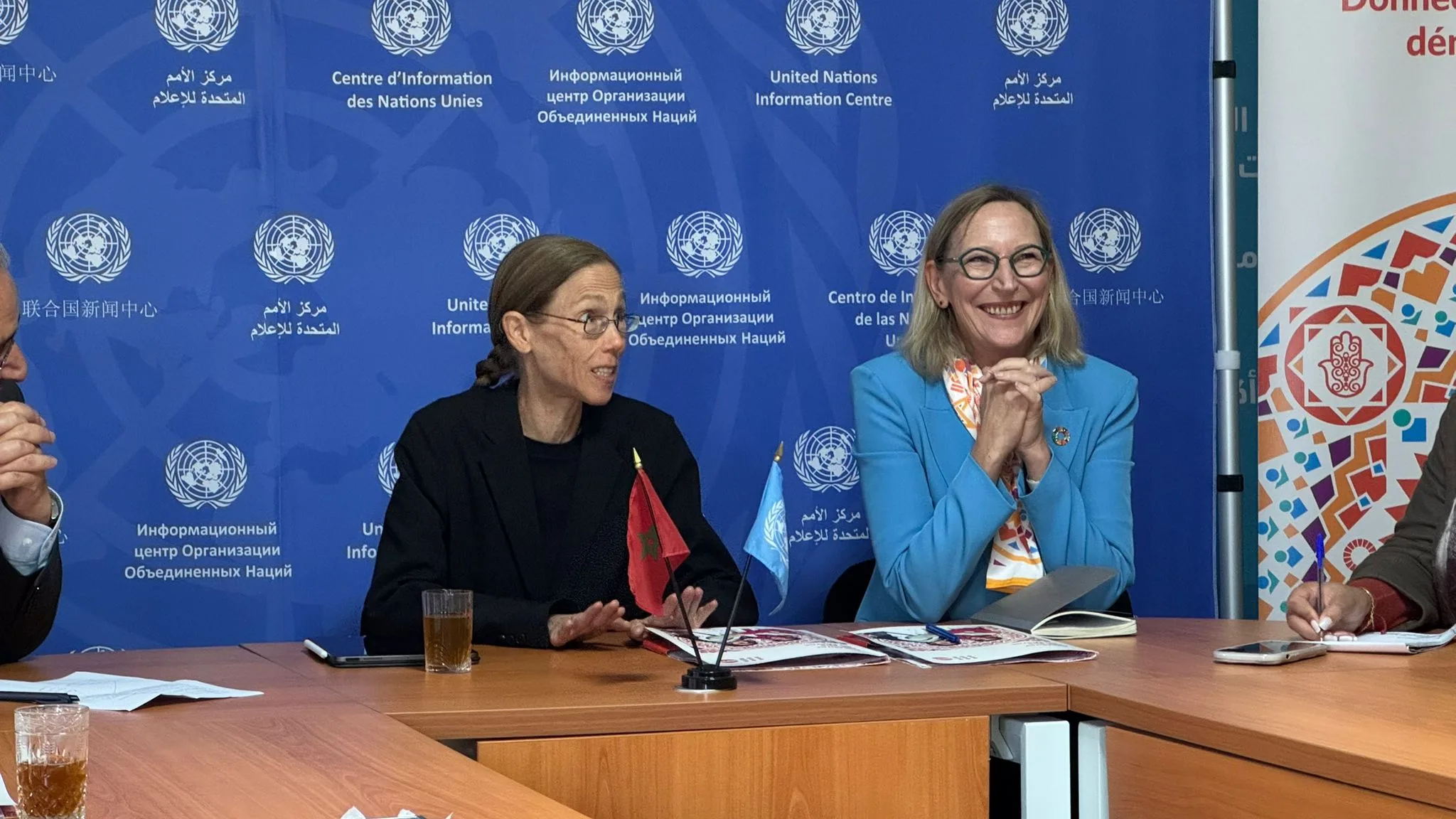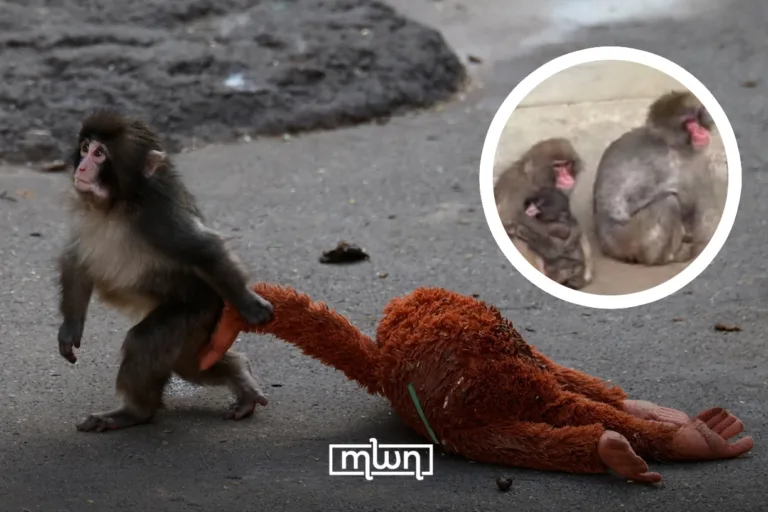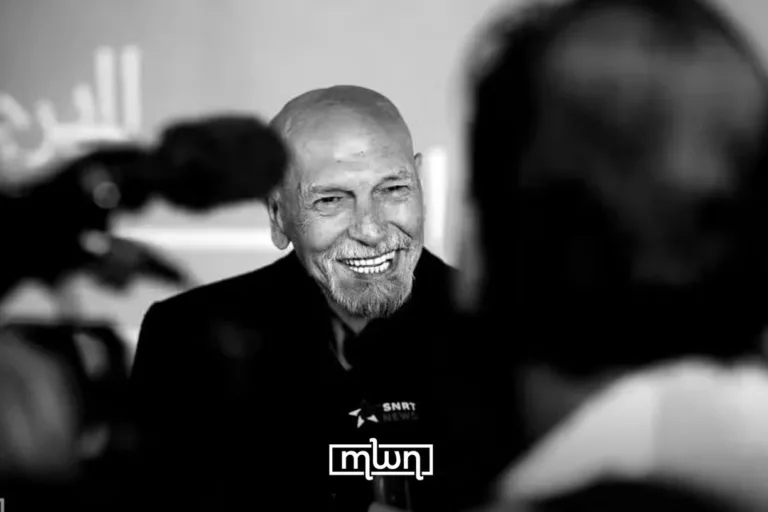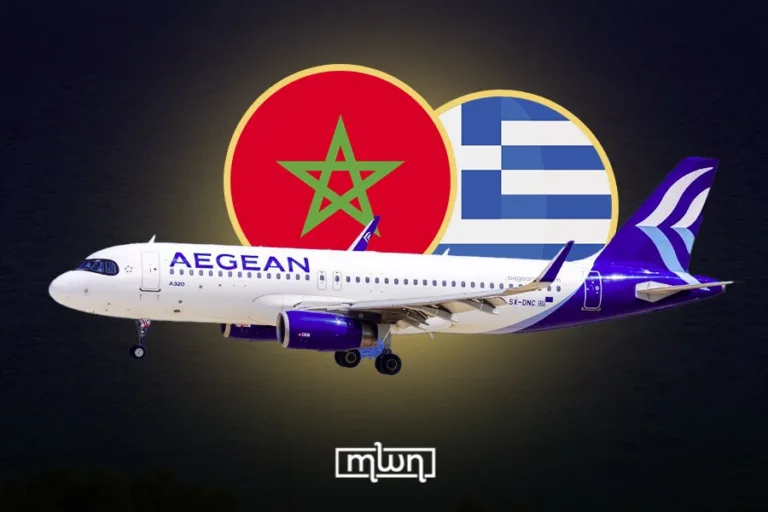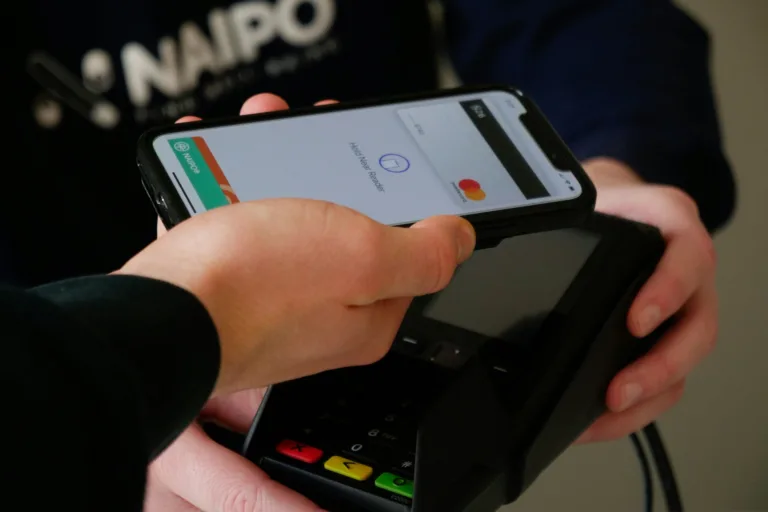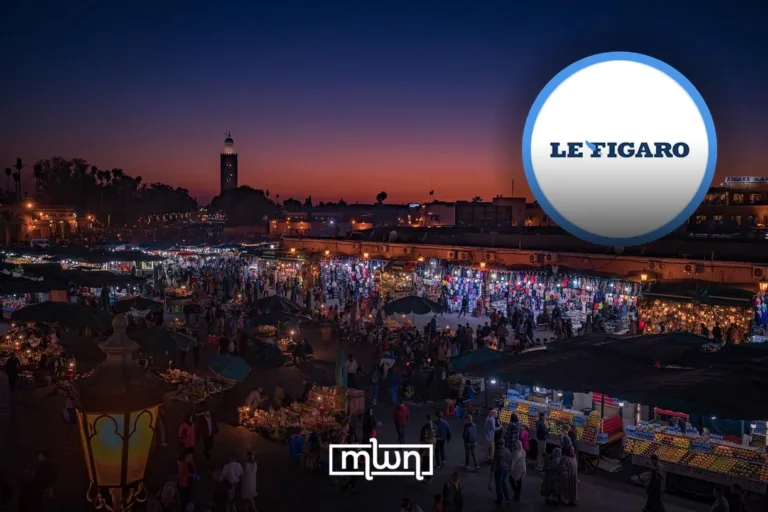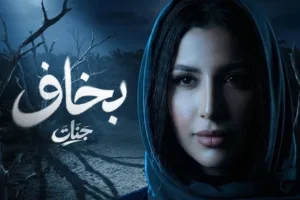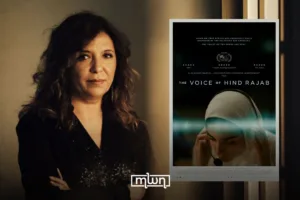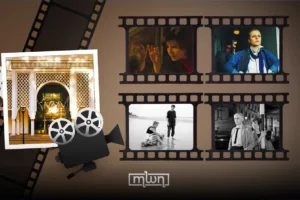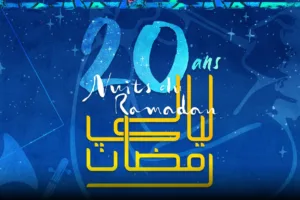Rabat – As Dr.Cornelia C. Walther concluded a visit in Morocco, the United Nations Population Fund (UNFPA) held a press briefing at the United Nations Information Centre in Rabat, focusing on the emerging concept of ProSocial Artificial Intelligence.
Dr. Walther’s mission marks a first milestone in introducing the concept of ProSocial AI in Morocco, an initiative supported by UNFPA in line with its broader focus on equality, demographic trends, and human development.
Over the course of her three-week stay, she met with representatives across the government, the private sector, civil society, and religious institutions. These encounters, she told Morocco World News, revealed a clear willingness in Morocco to explore how technology can support positive social change.
Beside Dr. Walther, the briefing was attended by UNFPA Morocco’s Representative Marielle Sander, along with staff members from the UN Information Centre and UNFPA’s team.
ProSocial AI, she noted, is an approach centered on using technology to foster and serve human well-being. It must align with social equity, cultural realities, and long-term goals that strengthen communities while preserving the planet. Speaking to MWN, Dr. Walther added: “Morocco has everything to really be a champion in this field of ProSocial AI.”
During her presentation, she distinguished between natural intelligence and artificial intelligence, underscoring that natural intelligence remains the source from which artificial intelligence emerges. “The key question,” she said, “is how we can use technology in general, and AI in particular, as a catalyst to bring out the best in human beings.”
As technological evolution accelerates, she explained, the world is moving toward a hybrid future in which natural and artificial intelligence coexist. Hybrid intelligence, therefore, relies on the complementarity between the two, and understanding how each can enhance and reinforce the other. Ultimately, she emphasized, everything depends on us: our choices, our actions, and the paths we decide to take.
Such a transition requires what she described as double literacy: algorithmic literacy and human literacy. This means that people must not only understand how AI systems function, but also have a deeper understanding of themselves, their interactions with others, and their relationship with the planet.
Reflecting on Morocco’s context, Dr. Walther added: “Considering the rich history, the strong social connection, the strong cultural heritage that a country like Morocco has, I think this [is] everything to emphasize … what ProSocial AI [could] make in Morocco.”
She also stressed the responsibility we have toward future generations. The question, she said, is what kind of algorithmic and social architecture we choose to build today to ensure that upcoming generations can also reach their full potential.

